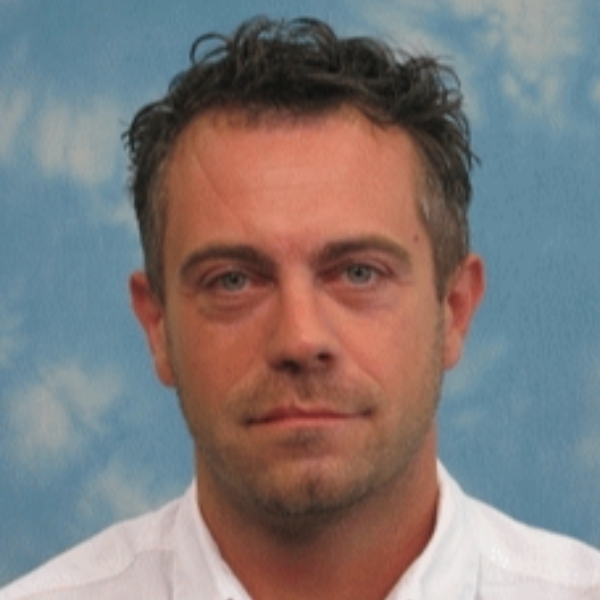
Michele (Miki) De Palma is tenured associate professor of cancer biology at the Swiss Federal Institute of Technology of Lausanne (EPFL), Switzerland.Miki graduated in Biology (1999) at the University of Torino, Italy, with a master thesis on the anti-proliferative functions of type I interferons. In 2004 he obtained a PhD degree in cell biotechnologies from the University of Torino Medical School, where he studied the contribution of bone marrow-derived cells to tumor angiogenesis. He performed post-doctoral training at the Telethon Institute for Gene Therapy (TIGET) in Milan under the direction of gene therapy pioneer, Dr. Luigi Naldini, to develop gene transfer strategies for reprogramming monocytes into anti-tumoral immune cells. This work has led to first-in-kind clinical trials of engineered monocytes in patients with brain cancer.Miki joined the School of Life Sciences of EPFL in 2012, where he teaches cancer biology. Current research in the De Palma’s lab focuses on mechanisms of tumor resistance to immunotherapies mediated by myeloid cells and the angiogenic vasculature, as well as on the development of engineered dendritic cell vaccines.Miki serves on the editorial advisory boards of Science Translational Medicine (AAAS), Cell Reports (Cell press), Cancer Immunology Research (AACR), and BBA – Reviews on Cancer. He received two European Research Council (ERC) programme grants (2009 and 2016) and was awarded the Robert Wenner Prize for cancer research in 2017.
Tuesday, 17 June 2025
| Time |
Session |
|
|
09:20
10:55
|
-
-
EACR25-0734
EACR25-0734
-
-
EACR25-2222
EACR25-2222
-
Auditorium I
|
